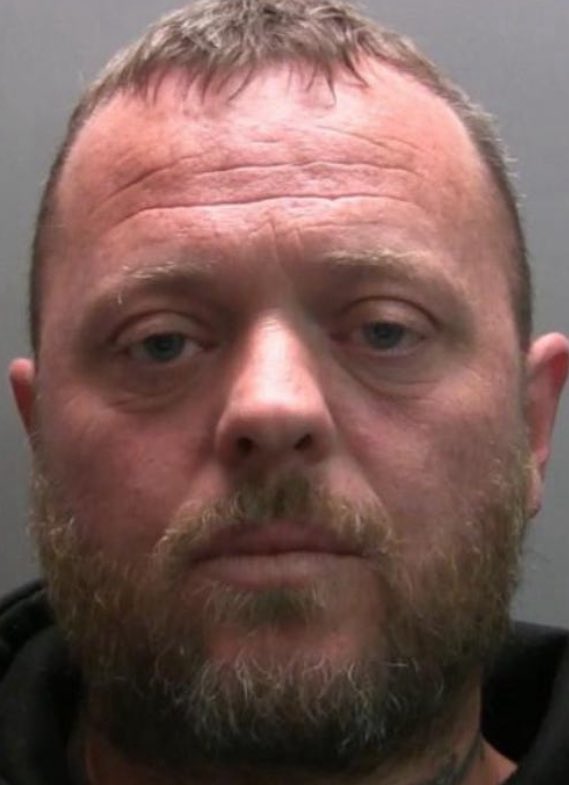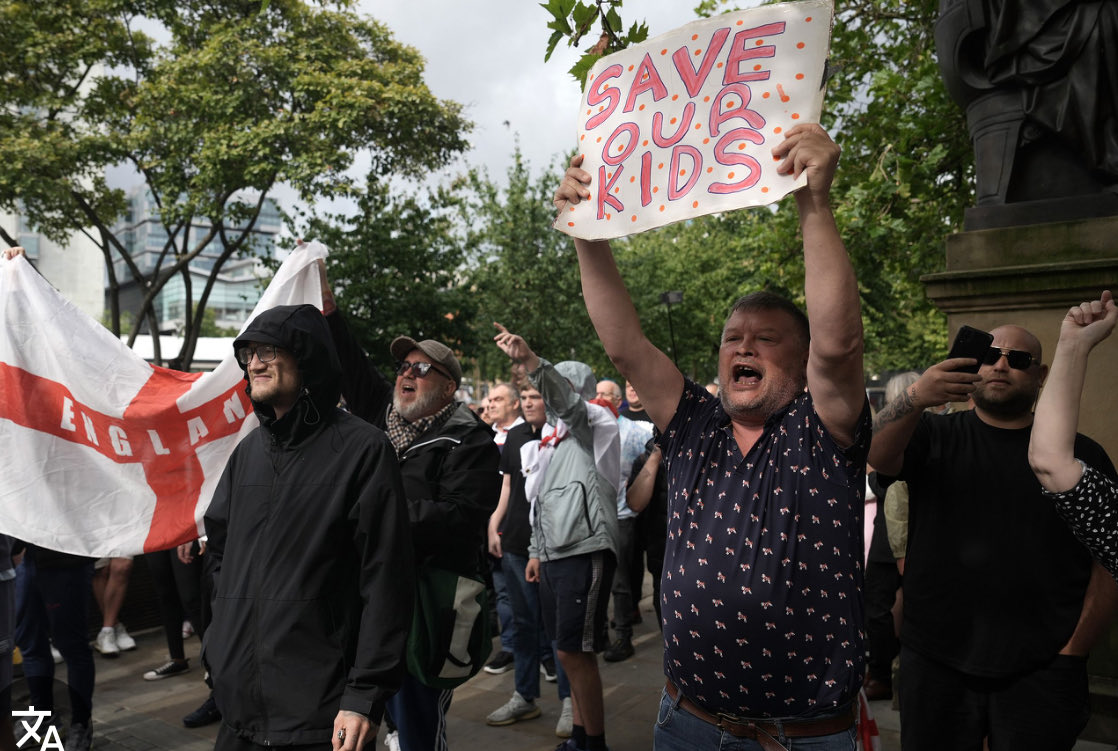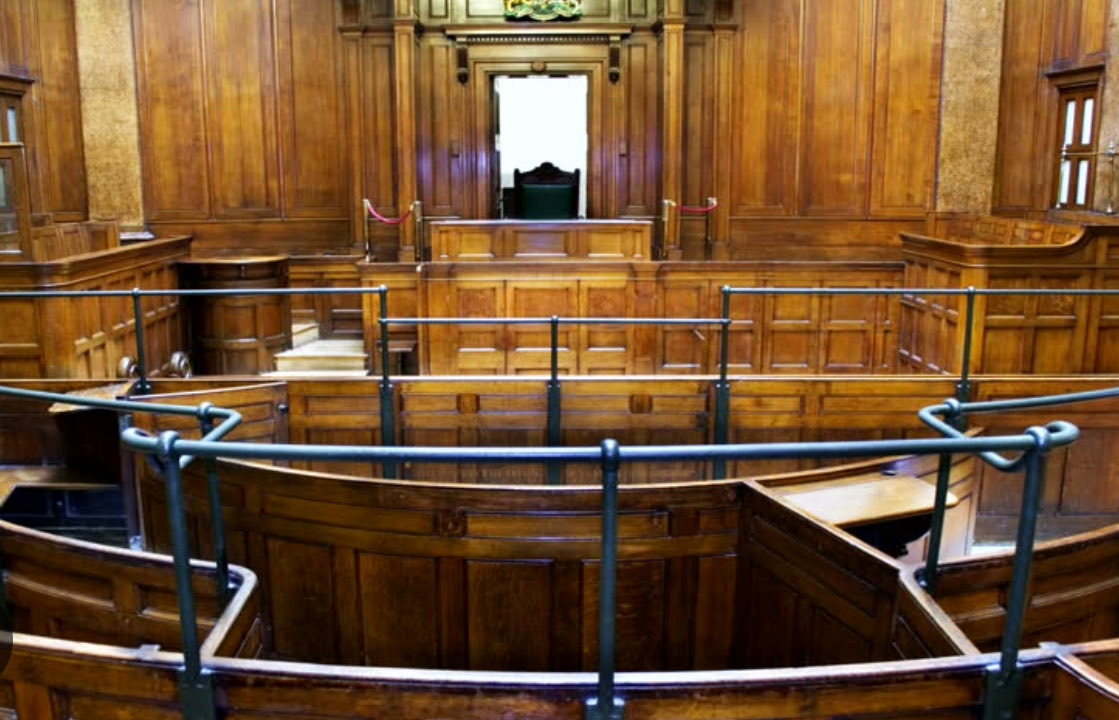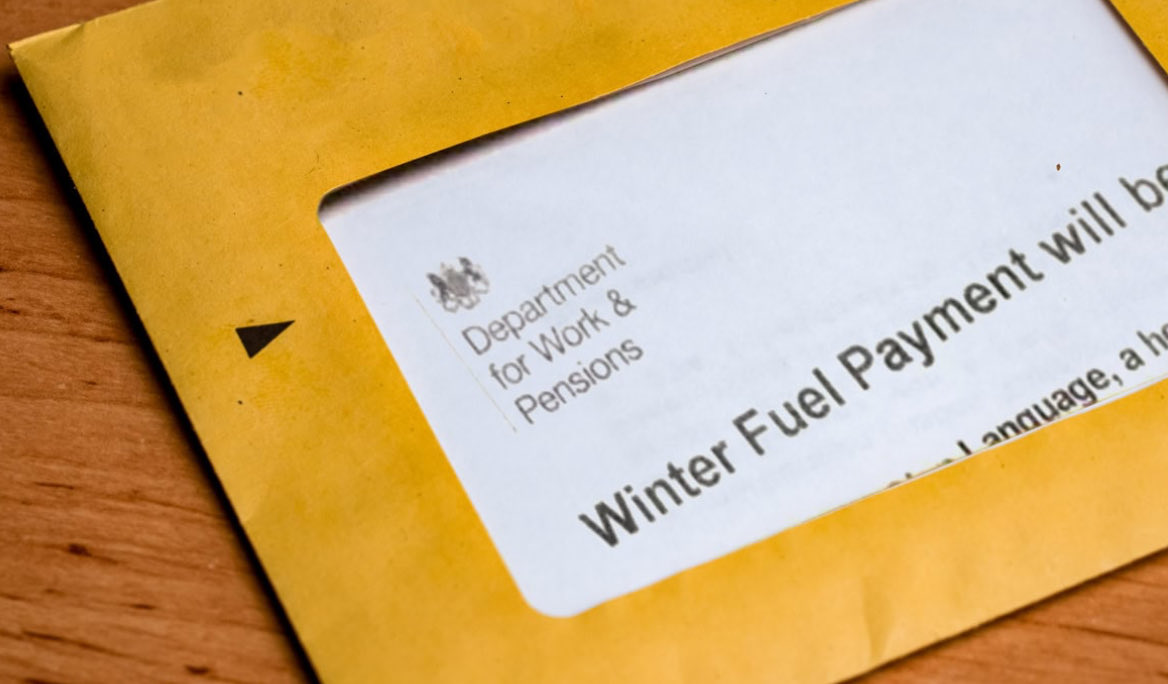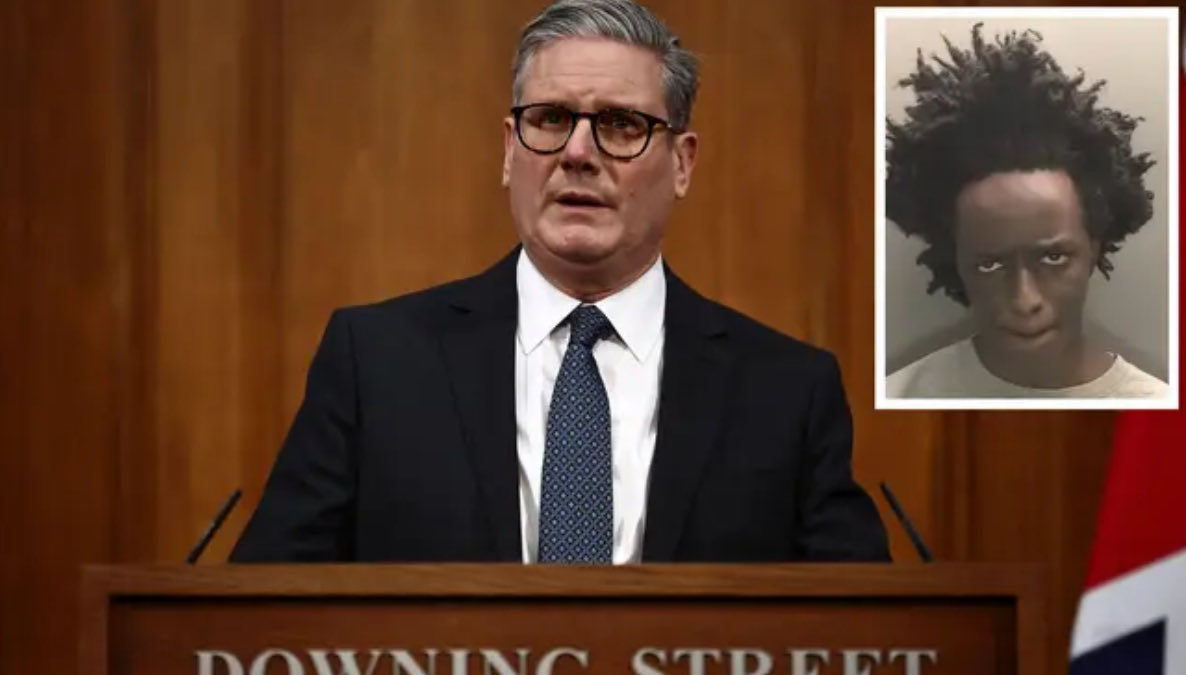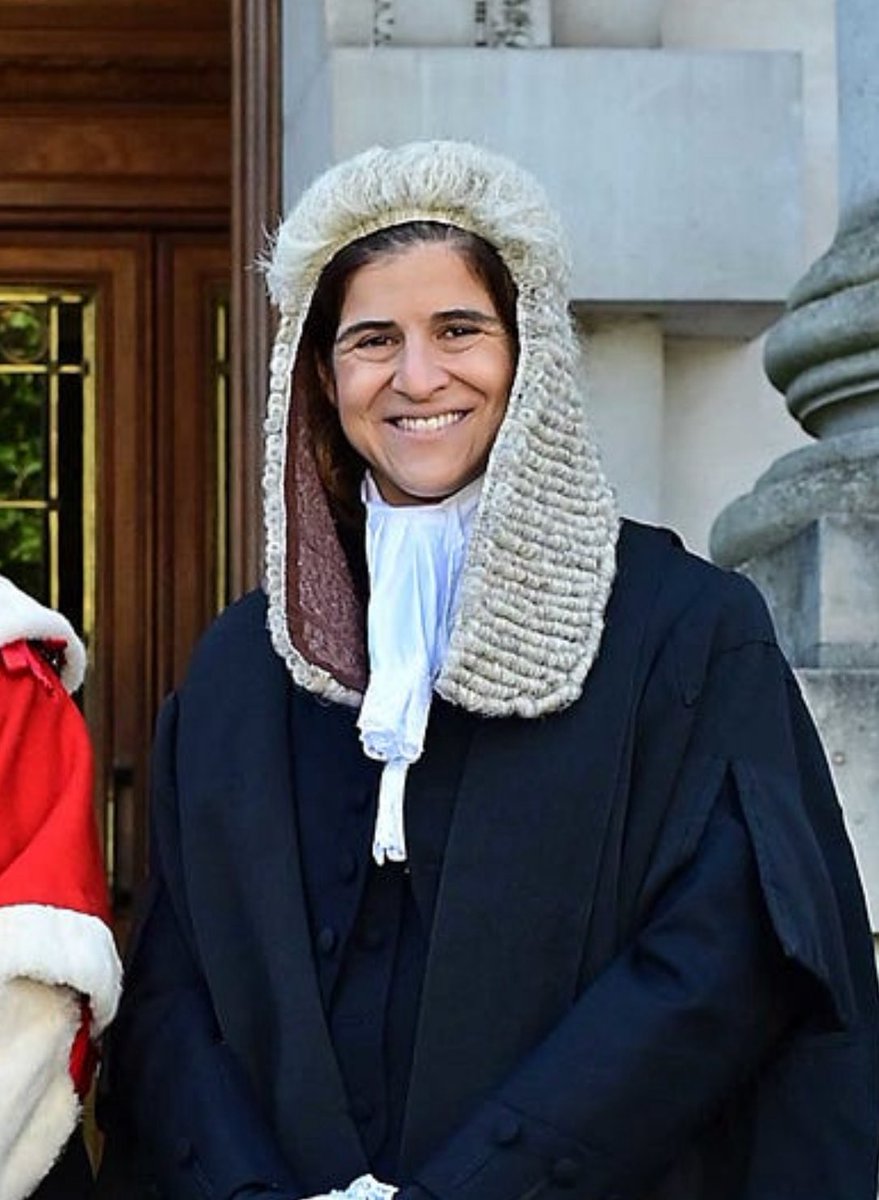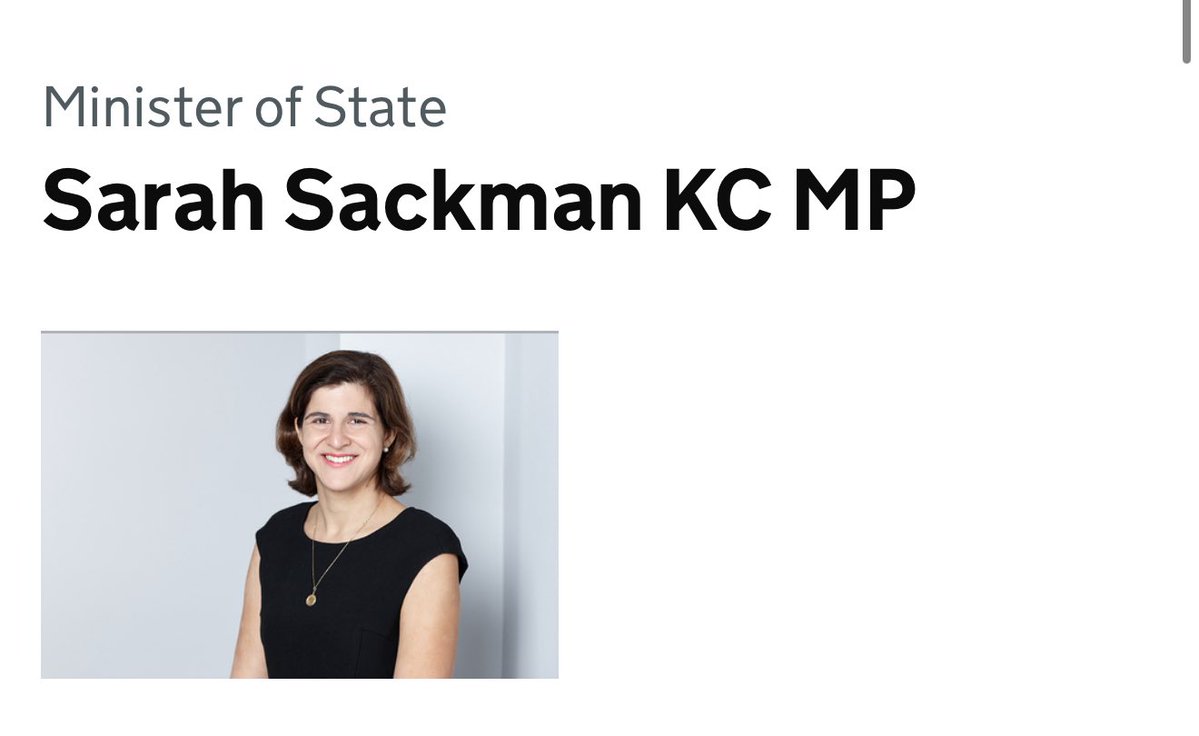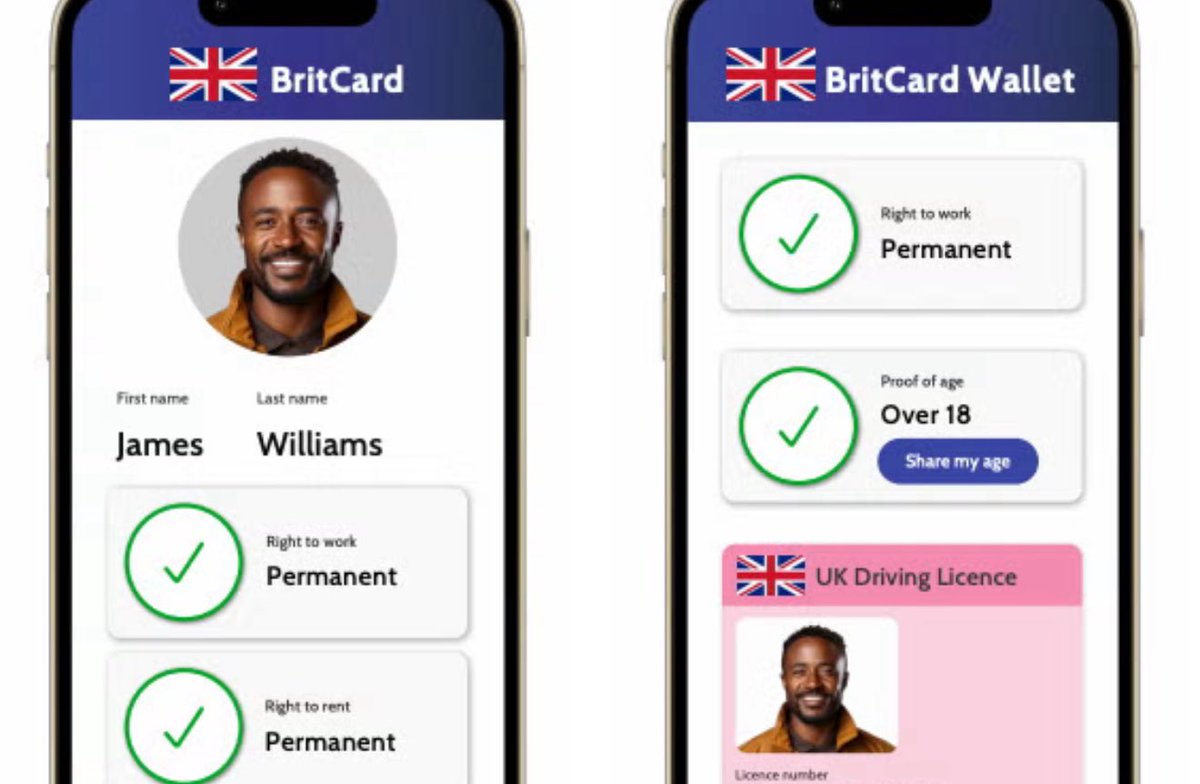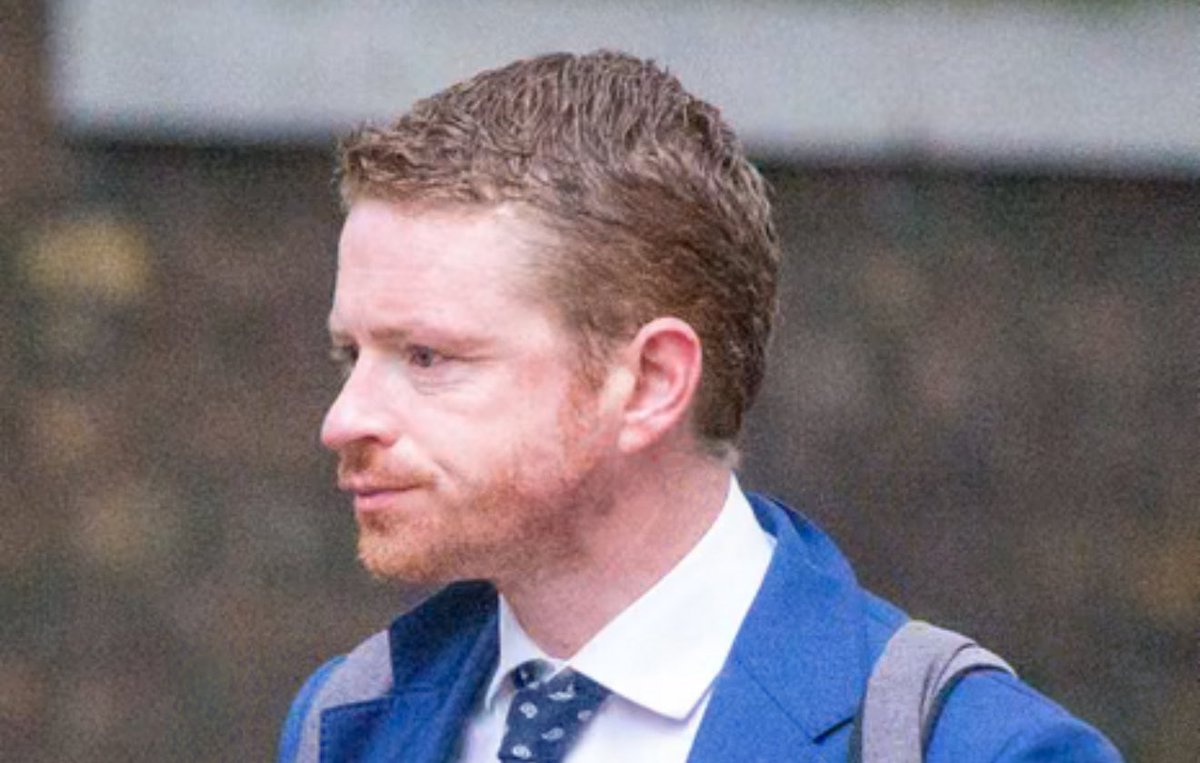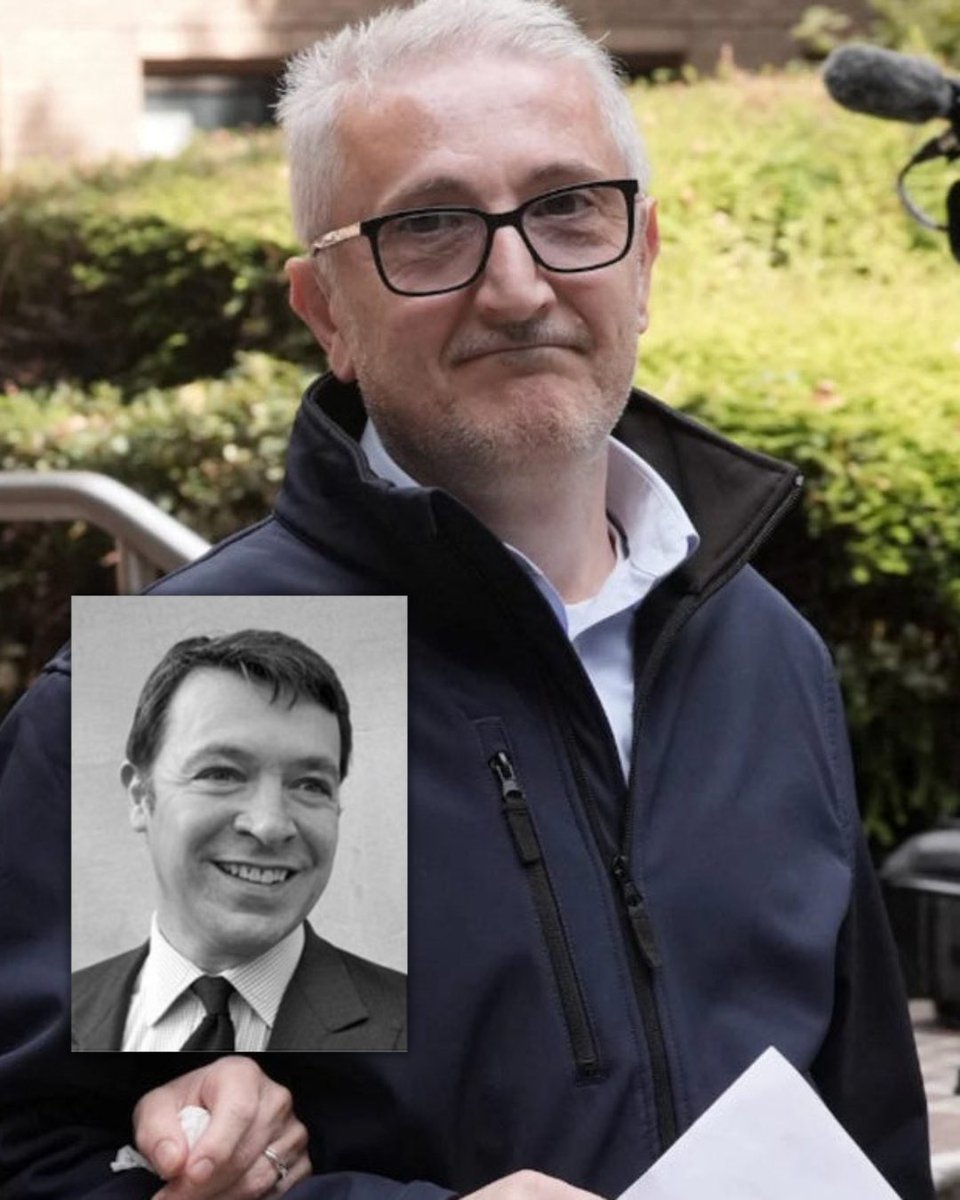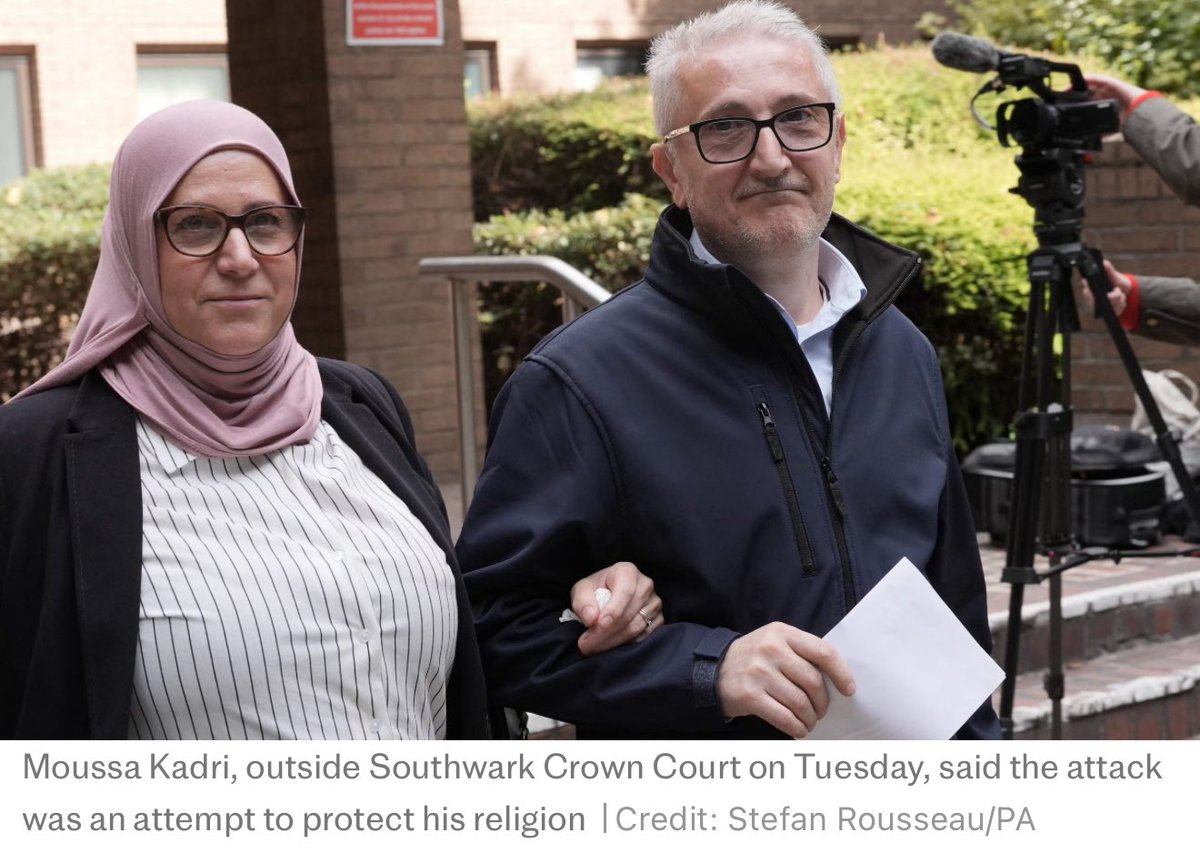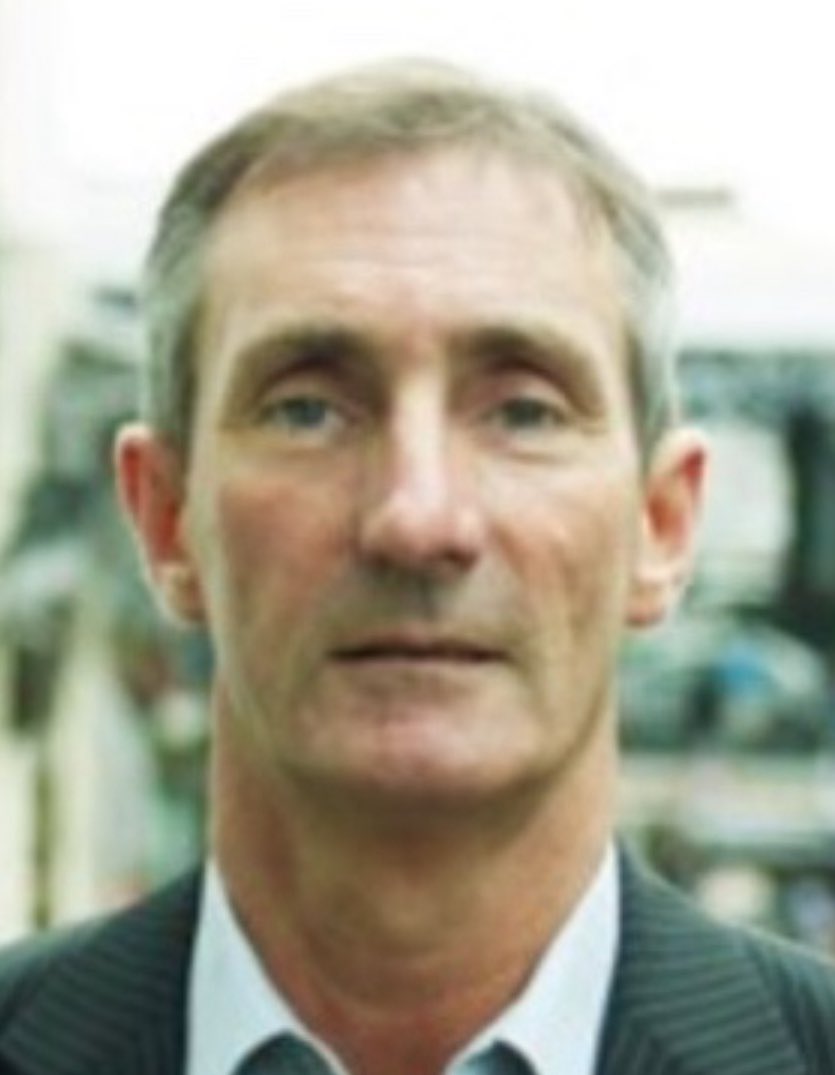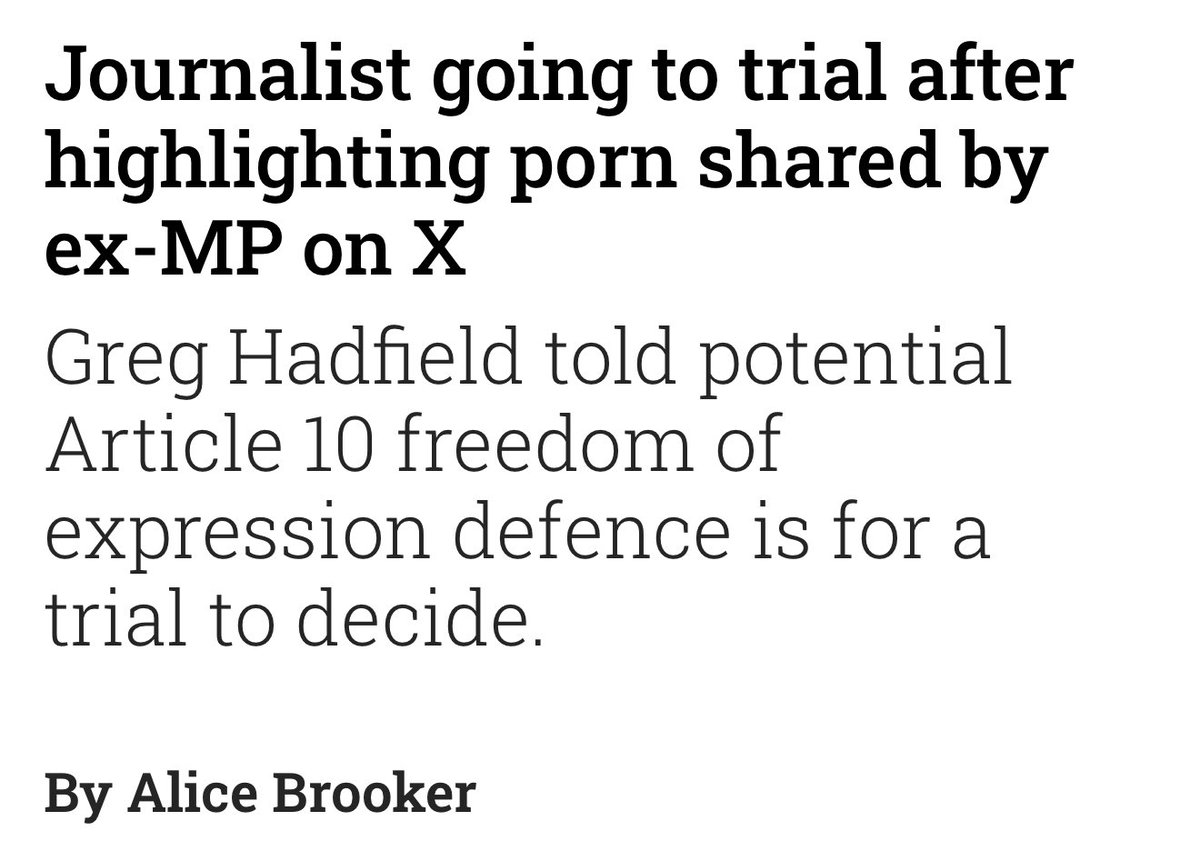This is Maggie Oliver.
In the 2000s, she worked as a Detective Constable in Manchester.
Before long, she noticed a disturbing pattern: the mass r*pe of poor, underage white girls.
She tried to stop it, but what happened next defied belief.
Her story, here. Thread 🧵
In the 2000s, she worked as a Detective Constable in Manchester.
Before long, she noticed a disturbing pattern: the mass r*pe of poor, underage white girls.
She tried to stop it, but what happened next defied belief.
Her story, here. Thread 🧵

This is 3rd thread in a series btw.
The 1st was on survivor and whistleblower Sammy Woodhouse here:
The 1st was on survivor and whistleblower Sammy Woodhouse here:
https://twitter.com/starknakedbrief/status/1879296911431405725
The 2nd was on survivor turned author and campaigner Sarah Wilson here:
https://twitter.com/starknakedbrief/status/1879478797294317829
3. Maggie Oliver
In 2004, Maggie joined Operation Augusta, an investigation into child sexual exploitation in Hulme and Rusholme, both inner-city areas of Manchester.
This followed the death of 15-yr-old Victoria Agoglia, who had been in the care of the council age 8.
In 2004, Maggie joined Operation Augusta, an investigation into child sexual exploitation in Hulme and Rusholme, both inner-city areas of Manchester.
This followed the death of 15-yr-old Victoria Agoglia, who had been in the care of the council age 8.
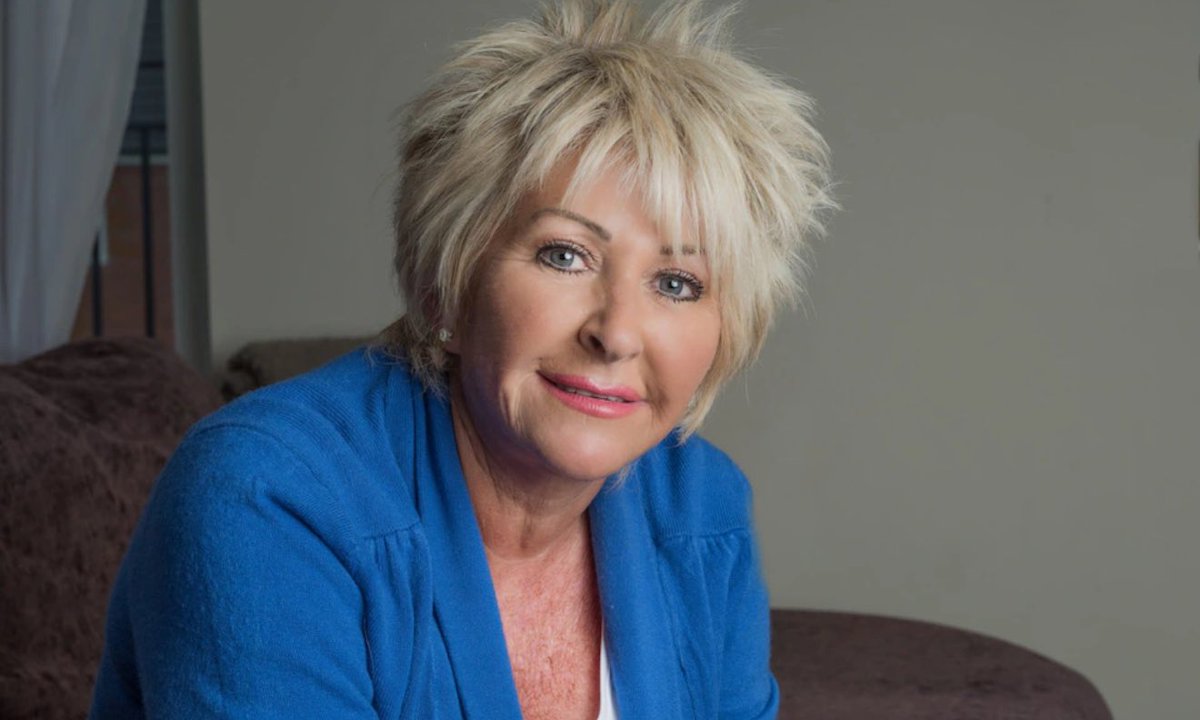
Victoria died in 2003 from a heroin overdose. While in care, police and social services were aware she was being sexually exploited by adult men.
They were also aware that she was being injected with heroin by a 50-year-old man.
They were also aware that she was being injected with heroin by a 50-year-old man.

Operation Augusta identified numerous child gang r*pe victims, disproportionately by Pakistani men. The investigation uncovered 67 potential victims and 97 potential "persons of interest." 

The following year, while Maggie was on leave caring for her terminally ill husband, Norman, authorities abruptly shut down the operation. She was astonished. She had interviewed the victims and saw the evidence. But authorities deemed it useless. 

Only 7 men were ultimately “warned, charged, or convicted”—one of whom was an illegal immigrant. Dozens upon dozens of leads were never followed up, leaving the perpetrators free to reoffend. 

In 2010, Maggie joined Operation Span, focusing on Rochdale where a Pakistani Muslim gang operated. The department assured her that what happened in Operation Augusta would not happen again. 

Here, she worked closely with vulnerable girls, conducting video interviews, ID parades, identifying locations, times, phones numbers and names of the abusers. Maggie told Manchester Evening News in 2018, “(the victims and witnesses) couldn’t have helped us more”. 

Yet, history repeated itself.
7 months later, the policing hierarchy informed Maggie that one victim, Amber, would "not be used" in the case. They didn’t believe her and even accused her of participating in the grooming rather than being a victim.
7 months later, the policing hierarchy informed Maggie that one victim, Amber, would "not be used" in the case. They didn’t believe her and even accused her of participating in the grooming rather than being a victim.

“She’d been abused since the age of 14. It made me sick to my stomach,” Maggie recalled. “This vulnerable girl had been failed. She was treated as collateral damage. Social services eventually even tried to take her child away from her.” 

9 gang r*pists from Rochdale were eventually prosecuted and jailed in 2012 as a part of Operation Span—but, again, police dismissed so many other leads. 
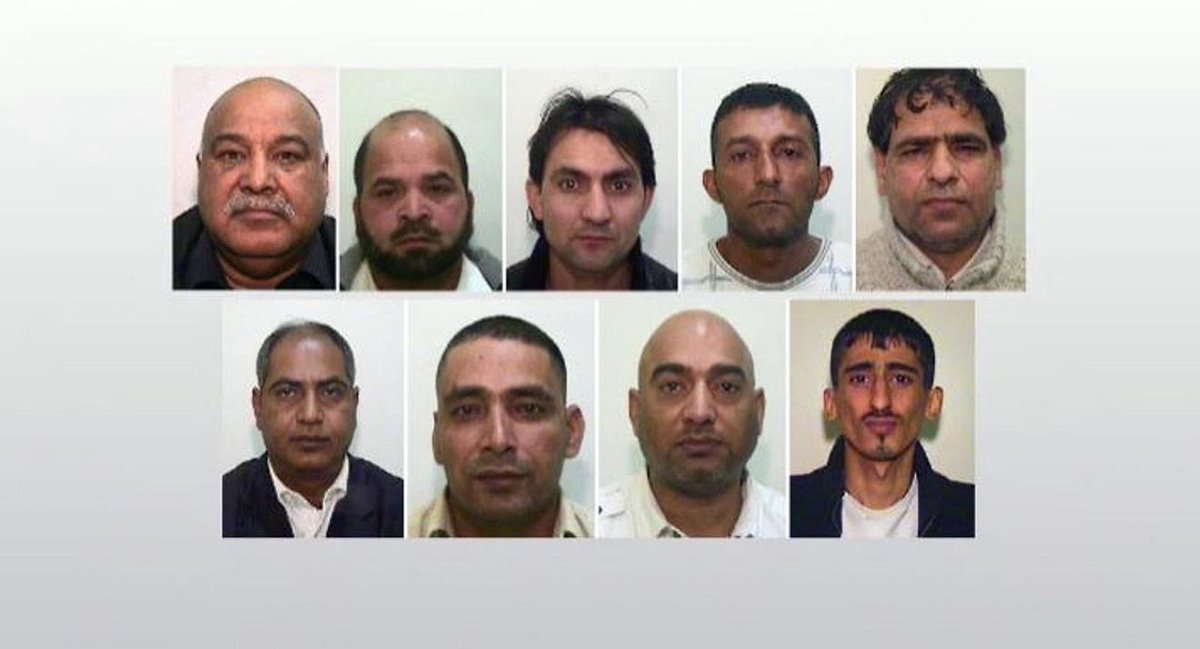
Maggie spent the next year knocking on doors within Greater Manchester Police (GMP), raising her concerns with the chief constable and the Independent Police Complaints Commission (IPCC). It all came to no avail. 

In 2011, she resigned from the force in disgust.
Maggie went public with her criticisms. Her revelations gained widespread attention, culminating in the BBC drama ‘Three Girls’ in 2017, which depicted the Rochdale scandal, finally bringing the issue into the national spotlight.
Maggie went public with her criticisms. Her revelations gained widespread attention, culminating in the BBC drama ‘Three Girls’ in 2017, which depicted the Rochdale scandal, finally bringing the issue into the national spotlight.

By result, Andy Burnham, Mayor of Greater Manchester, commissioned an independent review of child sexual exploitation. Published in 2020, part one of the review acknowledged that the police had failed victims but stopped short of assigning specific responsibility. 

The report said there was much to “commend in the investigative phase” and that “the scoping phase of Operation Augusta had delivered its objectives successfully”. 
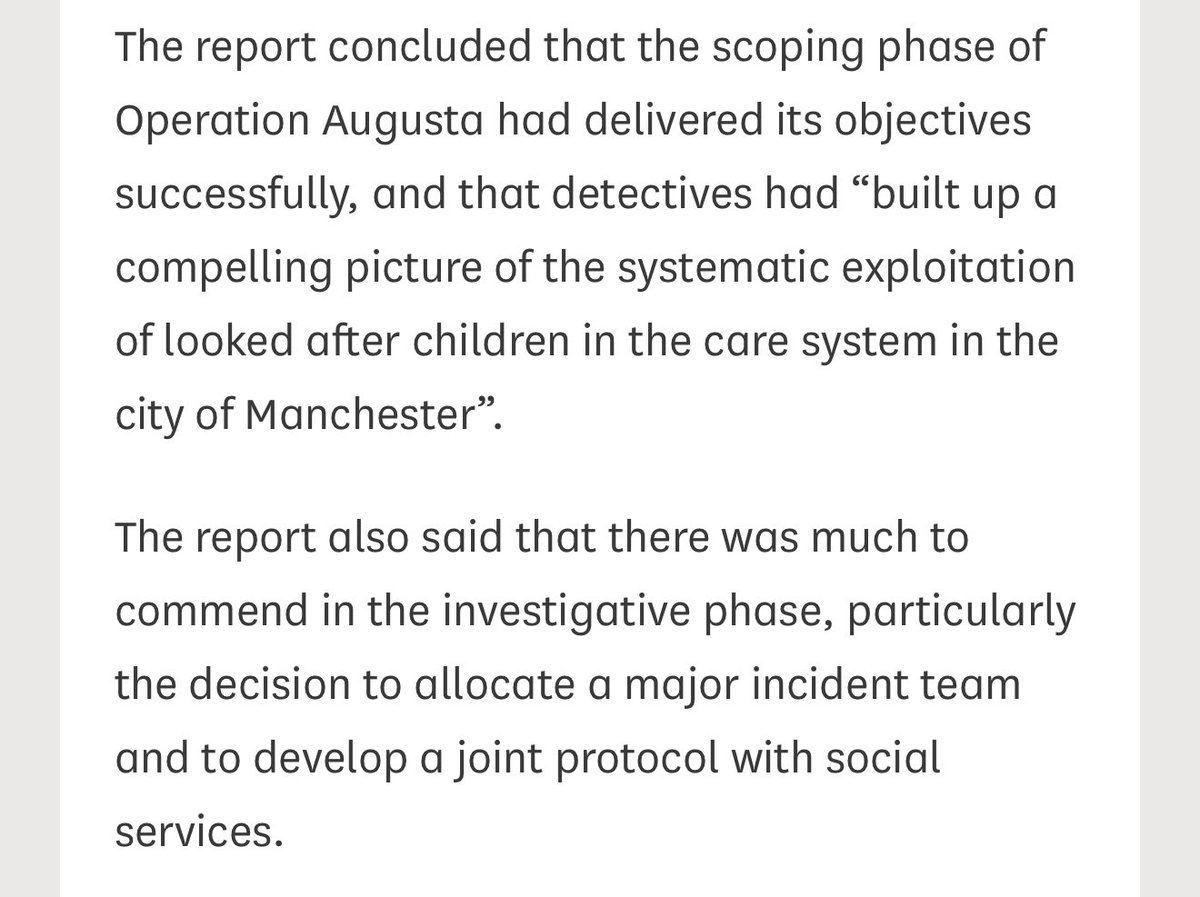
In recent interviews, Maggie relayed how immense the emotional and psychological toll was. She suffered from sleep deprivation, depression and even lost her home because of financial strain. 

After resigning, her former colleagues at GMP accused her of being a troublemaker and reportedly even threatened her with jail time for “breaching confidentiality”. 

In the public arena, her actions made her a target for both praise and criticism. While many lauded her bravery, others claimed she stirred racial tensions, despite her focus being on crime, not ethnicity. 

In a recent GB News documentary, she claimed that grooming/r*pe gangs are STILL operating and being ignored.
“This is going on today. We've been approached by 60 victims in the last three days who are currently being failed by the police”.
“This is going on today. We've been approached by 60 victims in the last three days who are currently being failed by the police”.

Last week, she praised Channel 4 for finally airing a short documentary in December 2024 on the grooming, rape, and abuse of children in Barrow, Cumbria.
Turns out, Maggie had introduced members of the production team to a victim, Ellie Reynolds, several years earlier.
Turns out, Maggie had introduced members of the production team to a victim, Ellie Reynolds, several years earlier.

Maggie’s relentless pursuit for justice not only directly brought gang rapists to account, but forced the government and councils to act. Her story continues to be one of courage against a backdrop of institutional resistance. 
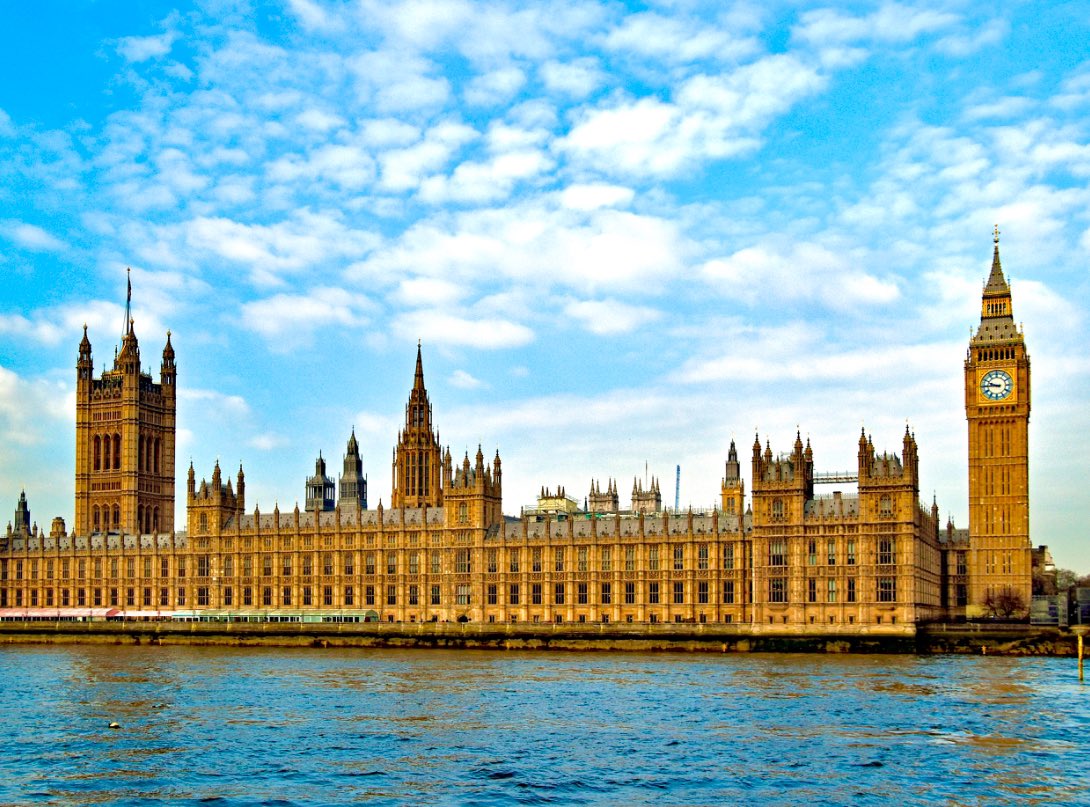
She now works as a campaigner and supports child sex abuse victims through her The Maggie Oliver Foundation.
You can find her here on X @MaggieOliverUK
Highly recommend watching her interview w Andrew Gold on YouTube
You can find her here on X @MaggieOliverUK
Highly recommend watching her interview w Andrew Gold on YouTube

sorry typo should say "In 2013, she resigned..."
@MaggieOliverUK Part 4 on Sara Rowbotham here.
https://twitter.com/starknakedbrief/status/1879626921463722259
@MaggieOliverUK All posts are published here btw.
Everything linked with sources etc. if you want to dig in yourself.
news.starknakedbrief.co.uk
Everything linked with sources etc. if you want to dig in yourself.
news.starknakedbrief.co.uk
• • •
Missing some Tweet in this thread? You can try to
force a refresh


